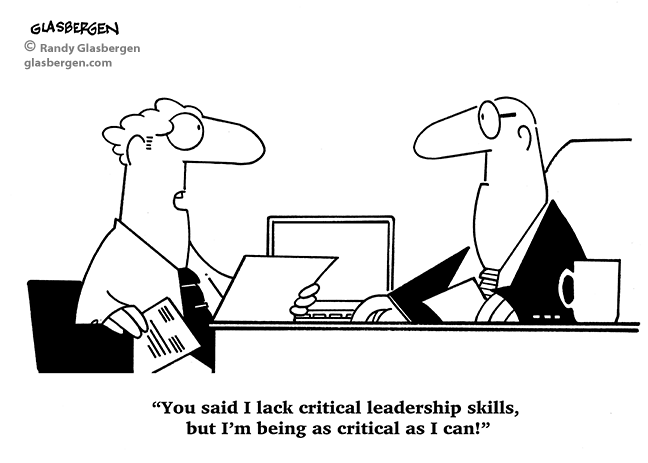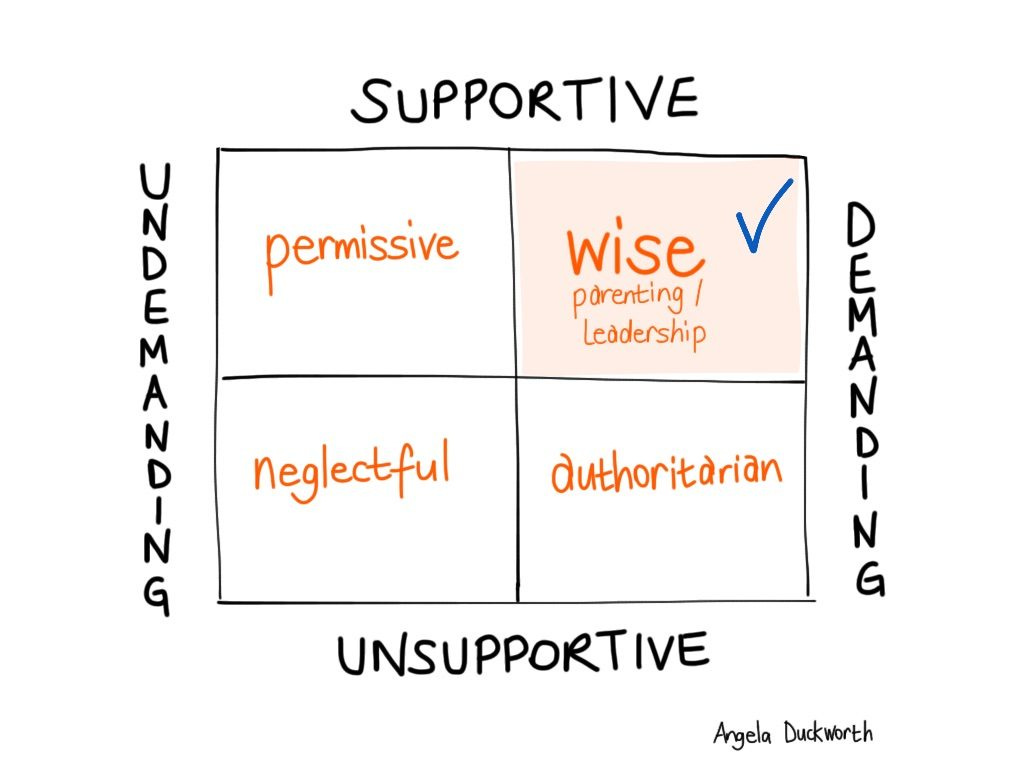Leaders are Professional Parents… But does your Team really need to be Parented?
Do your team members look up to you or simply put up with you?
Ever thought of your role as a leader being like a professional parent? Sounds a bit strange, right? But if you think about it, there are some striking similarities.
Our first authorities were our parents, and as adults, our bosses often take on a similar role. But this can stir up some unexpected feelings.
Parenting and Leading: Two Sides of the Same Coin?
Not Everyone’s Cut Out for It: Just like not everyone wants to be a parent, not everyone is ready to lead; it takes real drive.
Learning as You Go: Parents learn on the fly; so do leaders, picking up skills and insight from real-life obstacles.
Juggling Multiple Hats: Parents juggle roles like teacher and friend; leaders balance being mentor, motivator, and manager.
Patience Is a Strength: Both parents and leaders need endless patience to steer their charges through adversity.
Handling Unique Personalities: Parents deal with diverse child temperaments; leaders manage a variety of personalities within their teams.
Sacrificing for Others: Parents often put their own needs last; leaders sacrifice personal time to support their team’s success.
Adjusting the Method: Just as parents adapt to each child’s quirks, leaders modify their style to fit each team member’s needs.
"The pessimist complains about the wind. The optimist expects it to change. The leader adjusts the sails.”
-John Maxwell
While a caring style has its upsides, it can also bring some hiccups. Specially because there is a power dynamic at play.
This setup can unintentionally stir up feelings and behaviours that remind us of our relationships with our parents.
The “Us vs. Them" feeling
Ever feel like there's an "us vs. them" vibe at work? It’s often because we unconsciously transfer our feelings towards our parents onto our bosses. Combine that with authoritative phrases like "you need to" and it can feel downright oppressive.
2. The merry go round no one likes
Here’s a fun (or not so fun) cycle: an employee acts immaturely, the manager treats them like a child, and voila! A negative feedback loop is born. Sometimes, even mature employees start acting out when treated like kids. This leads to employees feeling unsupported and managers feeling like exhausted babysitters.
3. The Overprotective Boss
Have you seen bosses who are a bit too protective? Just like parents who try to shield their kids from every bump and scrape, some leaders hover and guard their team from every challenge. While it’s well-intentioned, this overprotectiveness can prevent employees from learning resilience and independence. It’s like putting training wheels on a bike forever—sometimes, you’ve just got to let them ride solo.
4. The Dependence Trap
Does anyone like a boss who is breathing down their neck? It’s like a parent who does everything for their kid, making them totally reliant. In the office, micromanaging every detail can make employees feel powerless and stifled. Just as kids need to learn to handle things on their own, employees need the freedom to make decisions and grow.
"To handle yourself, use your head; to handle others, use your heart."
-Eleanor Roosevelt
My take on this?
Your Team wants a Mentor, Not a Supervisor
It’s tempting for leaders to slip into “parent mode,” but here’s the truth:
Your team doesn’t need another mom or dad—they need a mentor and cheerleader.
Mentorship Beats Micromanagement Every.SINGLE.Time.
Here’s how to be the mentor your team craves:
Listen Without Judgment: Hear them out without jumping to conclusions or offering unsolicited advice.
Encourage Experimentation: Let them try new things and learn from their own wins and fails.
Ask the Right Questions: Get them talking with open-ended questions like, “What lights you up about this project?”
Discipline with Dignity: Correct mistakes without making them feel like they’re in trouble.
Empower Them: Give them the freedom to make decisions and run with their ideas.
Revel in Their Growth: Celebrate their wins and cheer them on as they develop.
"Don't tell people how to do things; tell them what to do and let them surprise you with their results."
-George S. Patton Jr.
The goal?
Not just to create better employees but to help them become better people
Better — Thinkers, Feelers, and Doers
Lead by example, be their biggest cheerleader, help them stand on their own, and give them chances to shine.
In return, you’ll build a team that’s energized, capable, and ready to conquer the world.
Are you a Leader? If yes, what’s your Leadership / Parenting style?
Are you a team member? If yes, what kind of Leader do you like?
Until next time!
Read this Next:
The Toxic Boss Effect
Picture this: You walk into your new job, fresh-faced and eager to conquer the world. You're ready to learn, grow, and make a difference. But instead of a warm welcome, you're greeted by a boss straight out of a nightmare—a toxic boss. Now, I don't need to explain what a toxic boss is, do I?








